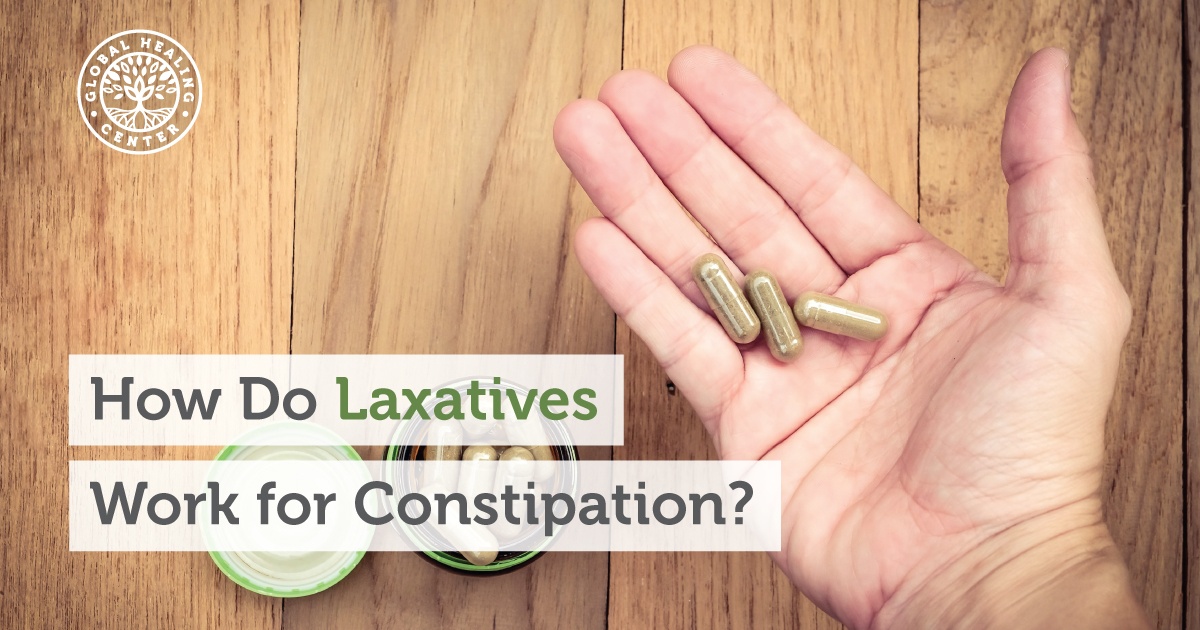Meditation and Mindfulness
Mindfulness and meditation are powerful practices that have been shown to have numerous benefits for overall health and well-being. In this blog, we’ll explore what mindfulness and meditation are, the benefits of these practices, and some tips for getting started.
What is Mindfulness?
Mindfulness is a state of awareness that involves paying attention to the present moment without judgment. This means being fully present and engaged in whatever you’re doing, whether that’s sitting in meditation, washing the dishes, or having a conversation with someone.
Mindfulness can help us to become more aware of our thoughts, feelings, and bodily sensations, which can help us to better understand ourselves and our experiences. By practicing mindfulness, we can learn to observe our thoughts and emotions without getting caught up in them, which can help us to reduce stress, anxiety, and other negative emotions.
What is Meditation?
Meditation is a specific technique that involves focusing the mind on a particular object, such as the breath, a sound, or a mantra. The goal of meditation is to quiet the mind and cultivate a state of deep relaxation and inner peace.
There are many different types of meditation, including mindfulness meditation, loving-kindness meditation, and transcendental meditation. Each type of meditation has its own unique focus and technique, but all involve some form of mental concentration and relaxation.
Benefits of Mindfulness and Meditation
The benefits of mindfulness and meditation are numerous and wide-ranging. Here are just a few of the many benefits:
- Reduced stress and anxiety: Mindfulness and meditation have been shown to reduce levels of the stress hormone cortisol, which can help to reduce feelings of stress and anxiety.
- Improved mental health: Studies have shown that mindfulness and meditation can be effective in treating depression and anxiety disorders.
- Enhanced focus and concentration: Mindfulness and meditation can improve focus and concentration, which can help to improve productivity and performance.
- Reduced pain and inflammation: Meditation has been shown to reduce pain and inflammation, which can be helpful for people with chronic pain conditions.
- Increased self-awareness: Mindfulness and meditation can help us to become more aware of our thoughts, feelings, and bodily sensations, which can help us to better understand ourselves and our experiences.
Getting Started with Mindfulness and Meditation
If you’re interested in trying mindfulness and meditation, there are a few tips to keep in mind:
- Start small: You don’t need to meditate for hours at a time to see benefits. Start with just a few minutes of meditation each day and gradually increase the amount of time you spend meditating.
- Find a comfortable position: It’s important to find a comfortable position for meditation, whether that’s sitting in a chair or on a cushion on the floor. Make sure you’re comfortable and not distracted by discomfort.
- Focus on the breath: One of the most common techniques for meditation is to focus on the breath. Simply observe the breath as it enters and leaves the body, without trying to control it.
- Be patient: Mindfulness and meditation are skills that take time to develop. Don’t get discouraged if you don’t see immediate results. Keep practicing and you’ll start to see the benefits over time.
Conclusion
Mindfulness and meditation are powerful practices that can have numerous benefits for overall health and well-being. By practicing mindfulness and meditation regularly, we can reduce stress and anxiety, improve mental health, enhance focus and concentration, reduce pain and inflammation, and increase self-awareness. If you’re interested in trying mindfulness and meditation, start small, find a comfortable position, focus on the breath, and be patient. With time and practice, you’ll start to see the benefits of these powerful practices in your own life.
This post is sponsored by Imuwerg Multivitamins – Good for your immunity
Shop on 1mg: Click here




